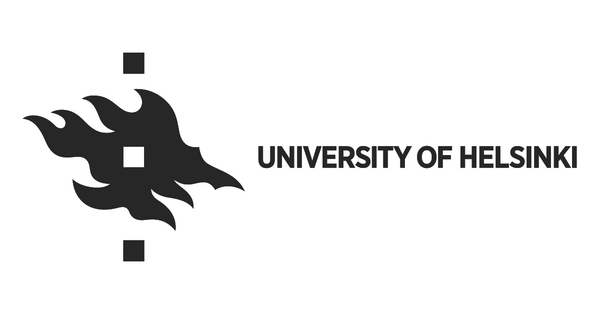University of Helsinki: Learning about the discourse on sustainable development and analytical thinking
This spring, the master’s level Geographies of Inequalities course is being organised already for the third time.
“The central goal of the course is to learn to take an analytical approach towards the discourse on sustainable development as one societal method of governance among others. The group includes both international exchange students and students from various degree programmes. And best of all, this time contact teaching was the primary mode of implementation,” says Associate Professor of Human Geography Pia Bäcklund, the course coordinator.
As guest lecturers, the course had experts from the top of their field, including some specialists with the busiest schedules today, such as Professor in Russian Environmental Studies Veli-Pekka Tynkkynen, who specialises in Russian energy policy.
One speciality of the course is a close connection with government administration as well as national and international audit operations related to the environment and sustainability. Deputy Director Vivi Niemenmaa from the National Audit Office of Finland (NAOF) has contributed to brainstorming and implementing the course from its inception. Niemenmaa is an alumna of the discipline of geography, and her doctoral thesis entitled ‘Helsingin paikallisagenda: Tarina osallistumisesta ja suunnittelun subjektiivisuudesta’ (‘The local agenda in Helsinki: A tale of participation and the subjectivity of planning’), completed in 2005, has been published in the publication series of the Centre for Urban and Regional Studies.
At NAOF, Niemenmaa is responsible for monitoring the global environmental and sustainability goals as well as developing audit operations. When auditing administrative operations, more attention could be paid to long-term effects as well as spillover effects outside the borders of your own country. Collaboration with students has brought fresh ideas and perspectives to this work. A seminar where students present their work to external experts in sustainable development, some of whom from abroad, constitutes an integral part of the course. In making this happen, cooperation with NAOF is key.
“What makes this course great is the participation of exchange students. It adds depth to the discussion when we get to hear comments and examples related to their home countries from around the world,” Niemenmaa says.
Eurídice Hernández, from São Paulo, Brazil, began studying last August in the international Master’s Programme in Urban Studies and Planning at the University of Helsinki. She decided to take this course as the themes of inequality were close to her.
“When I chose the course, I thought it was focused on economic and social inequality. I was pleasantly surprised that the topics were linked to environmental inequality and the goals of sustainable development,” Hernández says.
Hernandez was pleased with the structure and implementation of the course. Key sustainable development topics were included, enabling discussion on, among other things, energy, the fashion industry and the right to food and how these questions are part of a broader discussion on sustainable development, which must be inclusive and fair to all groups.
“I liked that there was an expert specialising in the topic discussed in each lecture, as it gave us the chance to delve deep into the matter at hand. We also read an article on each lecture’s topic and shared our thoughts on Moodle. This made it possible for us to develop our ideas on each topic and also learn from each other,” Hernández says.
“We worked on different scales, from a local perspective to global dynamics. We learned not only about Finland, but also heard from other countries and offered a global perspective to development, which strengthened the idea that the fight against inequality has to be global.”
Hernández herself was in a group of four women, who chose to adopt a more theoretical approach to the final project. The participants came from different locations and backgrounds, choosing human rights and sustainable development, and how fair they are for women, as their topic.
“I enjoyed the freedom we had on the course to express our thoughts and choose topics that we were interested in learning more about. I think this is essential for motivating students. Moreover, the idea of creating something collaboratively was nice. It’s a way to give visibility to our main projects, which usually end up being read only by professors,” she notes.
The students’ groupwork will be turned into a student publication and published at the end of May. The topics of the small group assignments were:
Energy as a national security question,
Global coffee production – SDGs perspective,
Are women (really not) left behind? A critical analysis of SDGs through a human rights lens,
Armed conflict in Ukraine: spillovers on global food production
Electronic waste: a global problem

